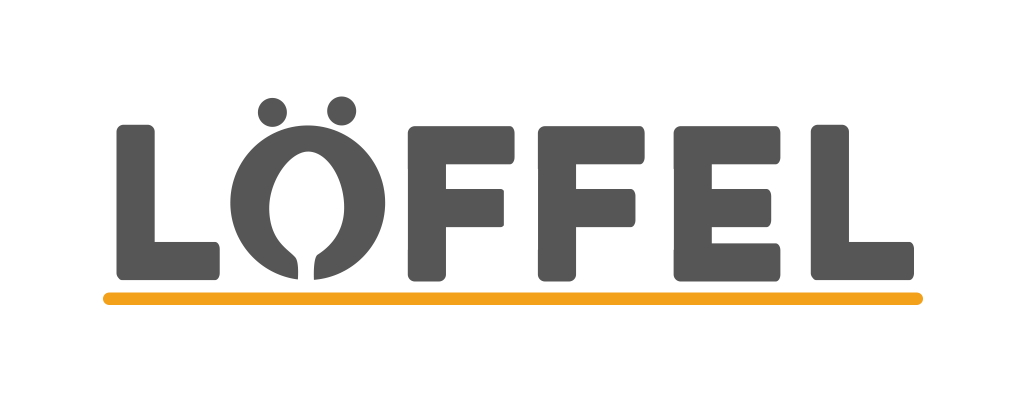
With many comparisons between French press and other types of coffee, one has to wonder which of these beverages is truly the better option. Below, we’ll be addressing several claims regarding French press coffee and whether or not it’s really bad for your health.
But first, let’s differentiate French press coffee from other types of coffee. There are generally two types of coffee. The filtered and the unfiltered. Now, this doesn’t mean that unfiltered coffee still has granules or roasted beans when you drink them. These terms are just used to differentiate the differences between the types of coffee and how they’re made.
Filtered coffee is often used to describe coffee prepared by running it through filter paper. Pour-over, cold brew, and flash brew are just some examples of filtering. This is usually done through a French press, espresso, Aeropress, and other similar methods for unfiltered coffee. Unfiltered coffee is anything that involves simmering ground coffee in boiling or close-to-boiling water without using filter paper.
Now that we’ve set it aside, what are the separate benefits of the two? Which one tastes better, which one is more efficient, and of course, which one is the healthier option?

Taste is a very subjective standard, and people’s preferences always vary. When it comes to truly getting the taste out of coffee, it’s also very subjective. A lot of people prefer espressos as they’re able to get the flavor out more, but a lot of people also prefer other types of coffee like cold brew or French press because of how they’re able to get a bolder taste.
If your preference is strong coffee (not just in terms of caffeine but also flavor), then the French press may be for you. This is because French press coffee doesn’t use paper filters, meaning most of the oils from the coffee beans find their way to your drinks. This results in a stronger aroma, bolder flavor, and harsher coffee taste.
But what about efficiency? Which of the methods is more efficient, and which of them is better day-to-day, especially when it comes to getting your daily caffeine intake? It depends. If you have an espresso machine at home, it doesn’t take long for you to prep a great cup of coffee. However, if all you have is a French press or pour-over coffee is all you can do, that may be the better option for you. When it comes to efficiency, budget and time are also factor you have to take into account. Nevertheless, what works for you is what’s going to work best.
But this still leads us to ask: Which type of coffee is the healthier option?
Filtered coffee. According to a number of researches performed since the 80s, with the latest one being in 2020, filtered coffee provides more benefits than unfiltered coffee.
In a study published in the National Library of Medicine’s National Center for Biotechnology Information, the researchers concluded that filtered coffee is associated with lower mortality. This study was conducted amongst participating Norwegian males and females. Several other studies also provide similar results.
Their studies find that aside from the caffeine in coffee, cholesterol also finds its way into our systems when we drink coffee. Filtered coffee uses filter paper that usually takes out some of the oils and cholesterol in your coffee, preventing it from adding to your daily cholesterol intake. For people that drink a lot of coffee, this rate increases exponentially.
In conclusion, unfiltered coffee may taste bolder, with sometimes a stronger aroma, but it also comes with the trade-off of more cholesterol, making it the less healthy option.
